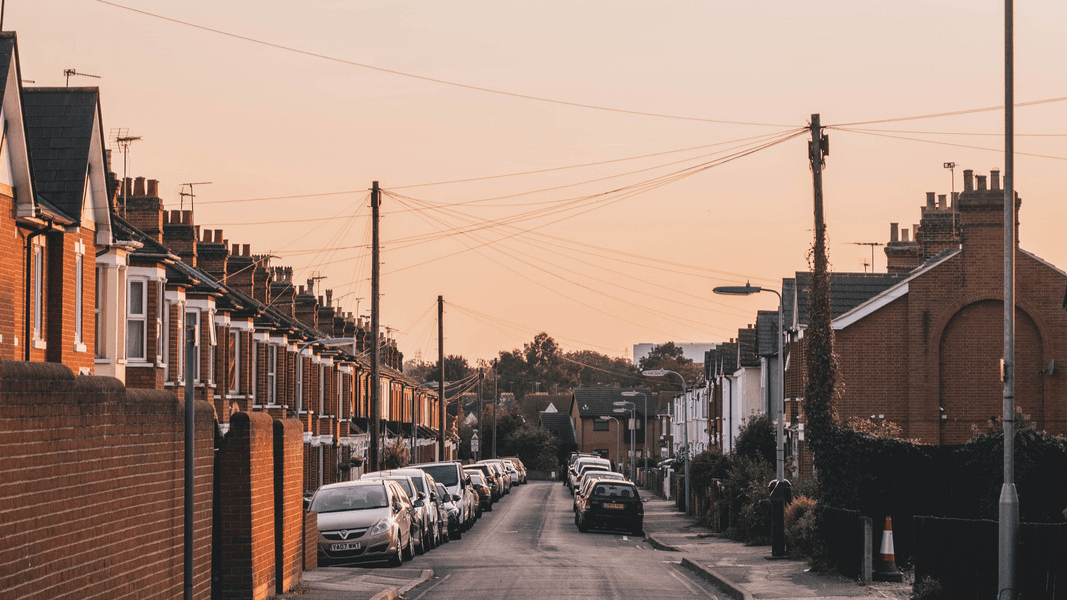
In this blog Lisa Whiting looks at what Awaab's Law means for social housing regulations, and what more needs to be done to ensure that tenants in social and private rented homes do not have to live in unacceptable conditions.
In December 2020, Awaab Ishak, a two-year old boy living in Rochdale, died from prolonged exposure to toxic black mould in his home, an inquest in November 2022 found. His family had complained to Rochdale Boroughwide Housing, their social housing provider, but no action was taken. The failure of institutions and systems to protect Awaab and his family tragically reminds us how essential our home is when it comes to protecting our health.
Earlier this month the Government announced Awaab’s Law to bolster the requirements on social housing providers in England to tackle issues that pose a threat to health. Social housing landlords will have to investigate and fix damp and mould in their properties within strict new time limits, there will be new powers for Housing Ombudsman to help landlords improve performance, and the new rules will form part of the tenancy agreement so tenants can hold landlords to account by law if they fail to provide a decent home.
This is clearly a necessary step to protect social renters and should not have required such a tragedy to be enacted. Housing charities and campaigners have long called for greater accountability and higher standards following the Grenfell Tower fire in 2017 when 72 people lost their lives due to repeated institutional failings. It is often the most marginalised in our society whose health is harmed by being forced to live in unacceptable conditions. We need structural change to ensure clear accountability and sufficient resources for those responsible for enforcing regulations.
We know housing impacts health in a variety of ways. The most immediate is through the presence of hazards that pose an immediate risk to health, for example, ineffective fire safety protections, carbon monoxide, or electrical safety. A staggering 14% of homes in the private rented sector in England have a category one hazard presenting a serious and imminent threat to health. This figure has remained stagnant for four years, suggesting a lack of pressure on landlords to improve conditions. In the social rented sector, this is at 4%. These combined figures equate to 749,000 homes. In Wales and Scotland, private rented homes are also much more likely to fail to meet basic standards than social rented or privately-owned homes.
Beyond these immediate risks are the severe problems that gradually worsen health over the medium term. People renting privately have, on average, lower energy-efficient homes meaning they are paying more in energy bills or spending prolonged periods of time in a cold environment that damages health. Overcrowding was linked to poorer health outcomes before the Covid-19 pandemic, and evidence has since grown. Overcrowding has increased in both the private and social rented sector over the last 20 years in England, with 8% of social renters now living in an overcrowded home, including 730,000 children. Minoritised Ethnic households are also disproportionately likely to live in overcrowded homes.
There are also a multitude of impacts that may be less visible but no less important. We know that both stress and having limited control over your circumstances impact health, and tenants often report these feelings when discussing their experience of renting. This is exacerbated by the threat of landlords using section 21 “no fault” evictions if tenants raise concerns, which Government has committed to abolish. There is also the harm caused through losing social connections – important for good mental health - as people report feeling ashamed inviting people to their home if it’s not in a good condition or are unable to if they’re required to move away from friends and family following an eviction.
Whilst slow progress is being made in the social rented sector through the Social Housing (Regulation) Bill, conditions in the private rented sector have stagnated at concerningly high levels, and the National Audit Office found the regulation of the sector to be ineffective. The ’A Fairer Private Rented Sector' White Paper’ committed to legislation for private renters which would provide an opportunity to change the system so that homes protect physical health, mental health, and wellbeing.
The White Paper commits to introducing higher standards that go beyond hazards to incorporate a more holistic understanding of a good quality home; increasing the security of renters by abolishing no-fault evictions; introducing a single ombudsman for people who rent; making it illegal for landlords to discriminate against families with children or people in receipt of benefits; and introducing a property portal to empower local authorities, landlords, and tenants with the information they need to understand and enforce their rights and responsibilities. These are sensible measures which, if introduced in line with what is set out in the white paper, will help to improve safety and security for people who rent.
However, the Government has an opportunity to go further by improving regulation and enforcement of existing requirements through additional resources and accountability for local authorities; investing in raising awareness of tenants’ rights and ensuring they have protection when raising concerns; and prioritising tackling the root causes of issues such as overcrowding by increasing the availability and affordability of housing stock for private and social tenants. The timing of the legislation is yet to be announced and we urge the Government to bring this forward at the earliest opportunity to protect the health and wellbeing of renters.
At People’s Health Trust, we see how communities come together to create change in their local areas on a variety of issues that address health inequalities, including housing. We are increasingly hearing from our funded partners that housing and its harm to physical and mental health is a key issue for their communities and, as a funder, it is our job to listen and respond to the priorities on the ground. This is why we’re considering how we can use our resources to advocate for better housing conditions. If you are interested in working with us on this issue, please do get in touch at [email protected].


